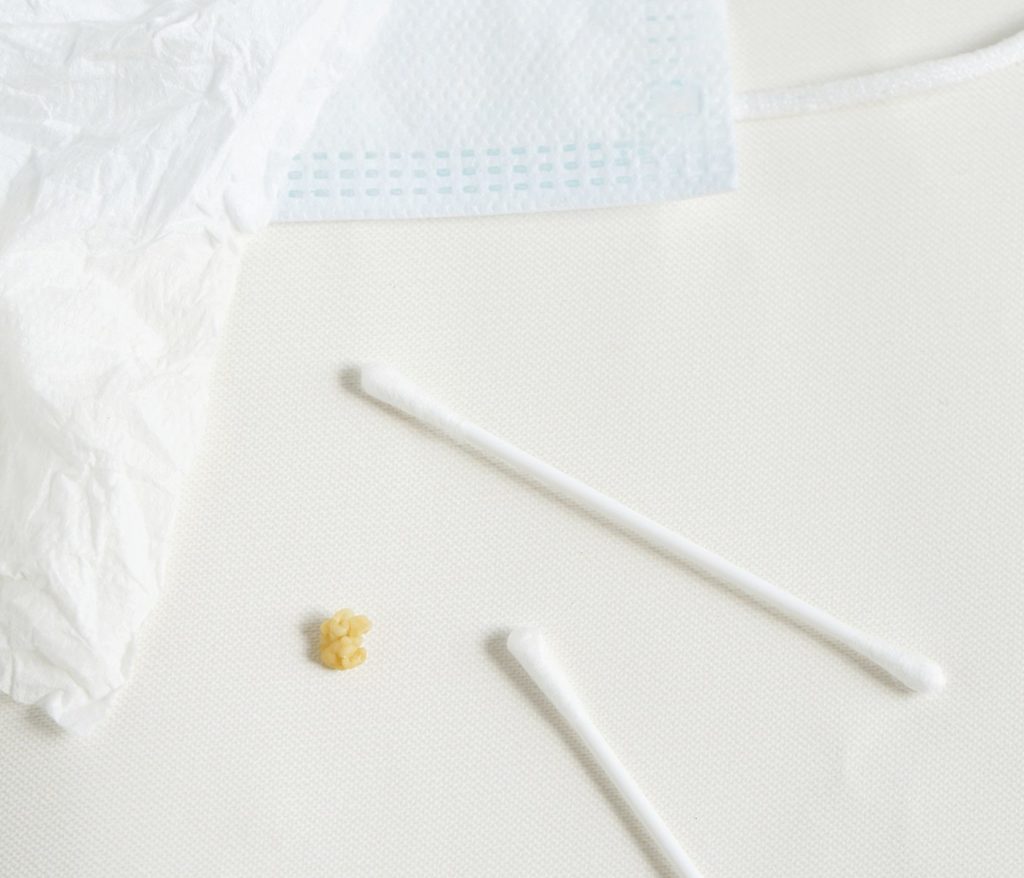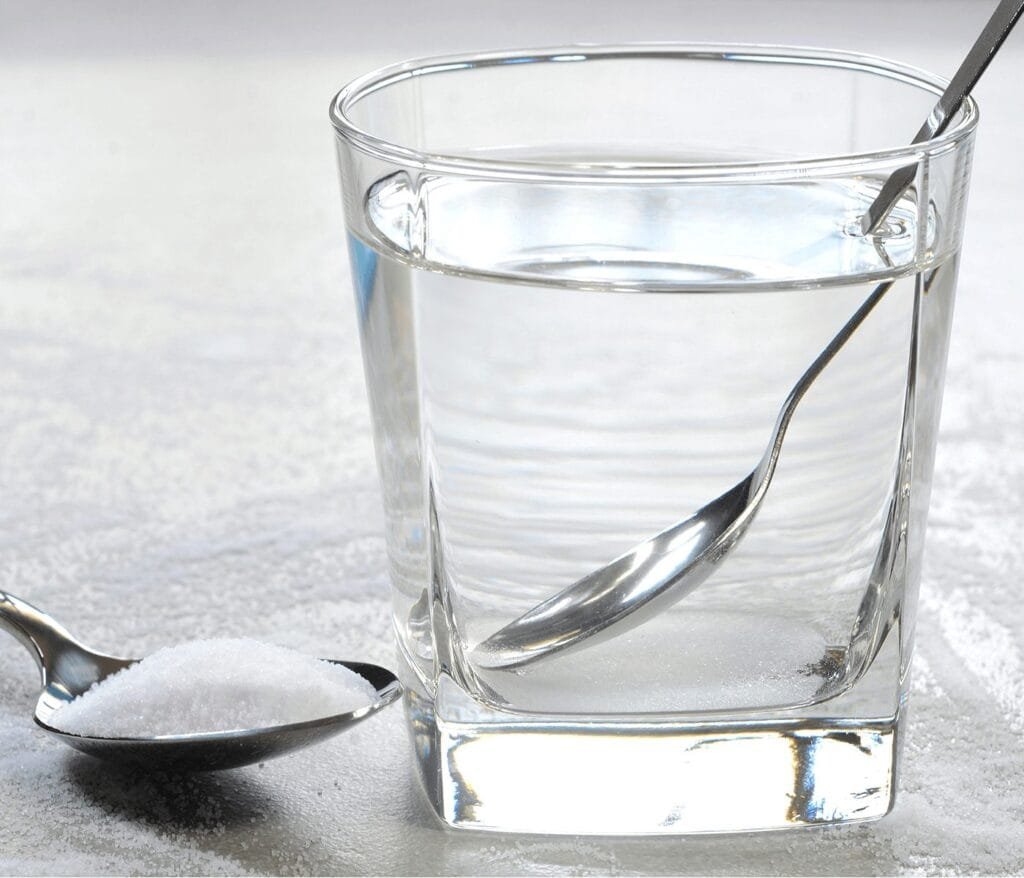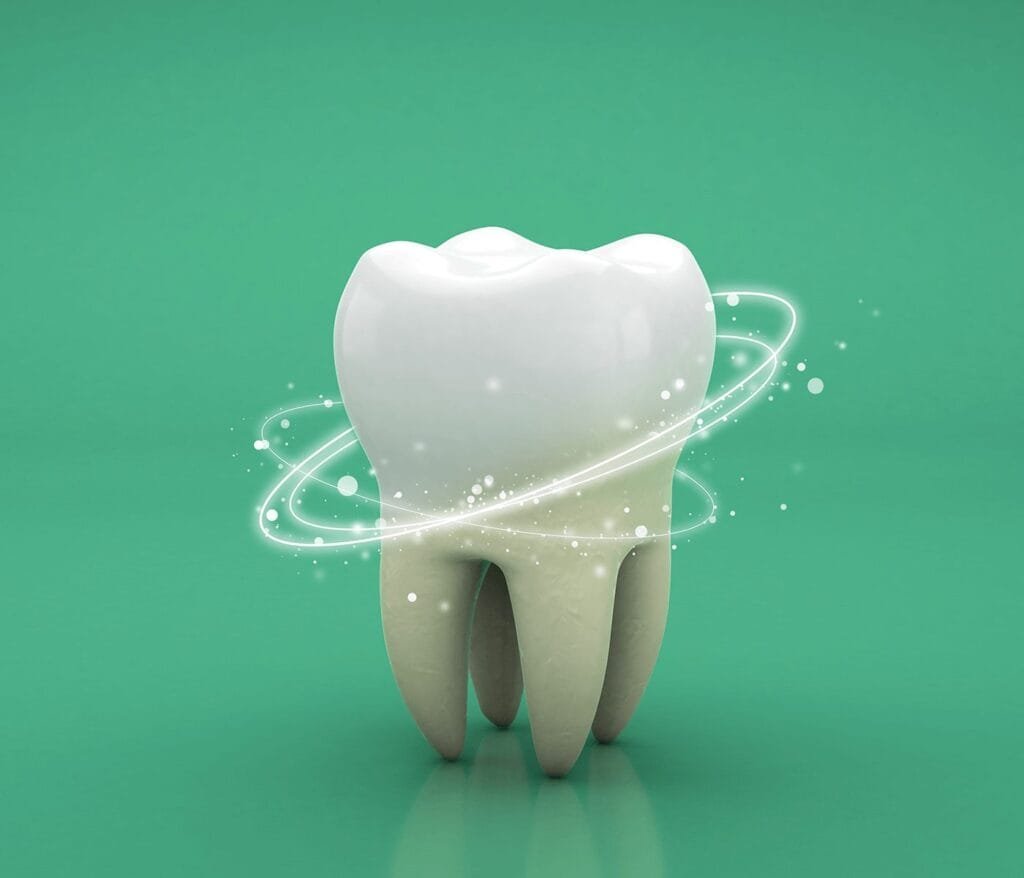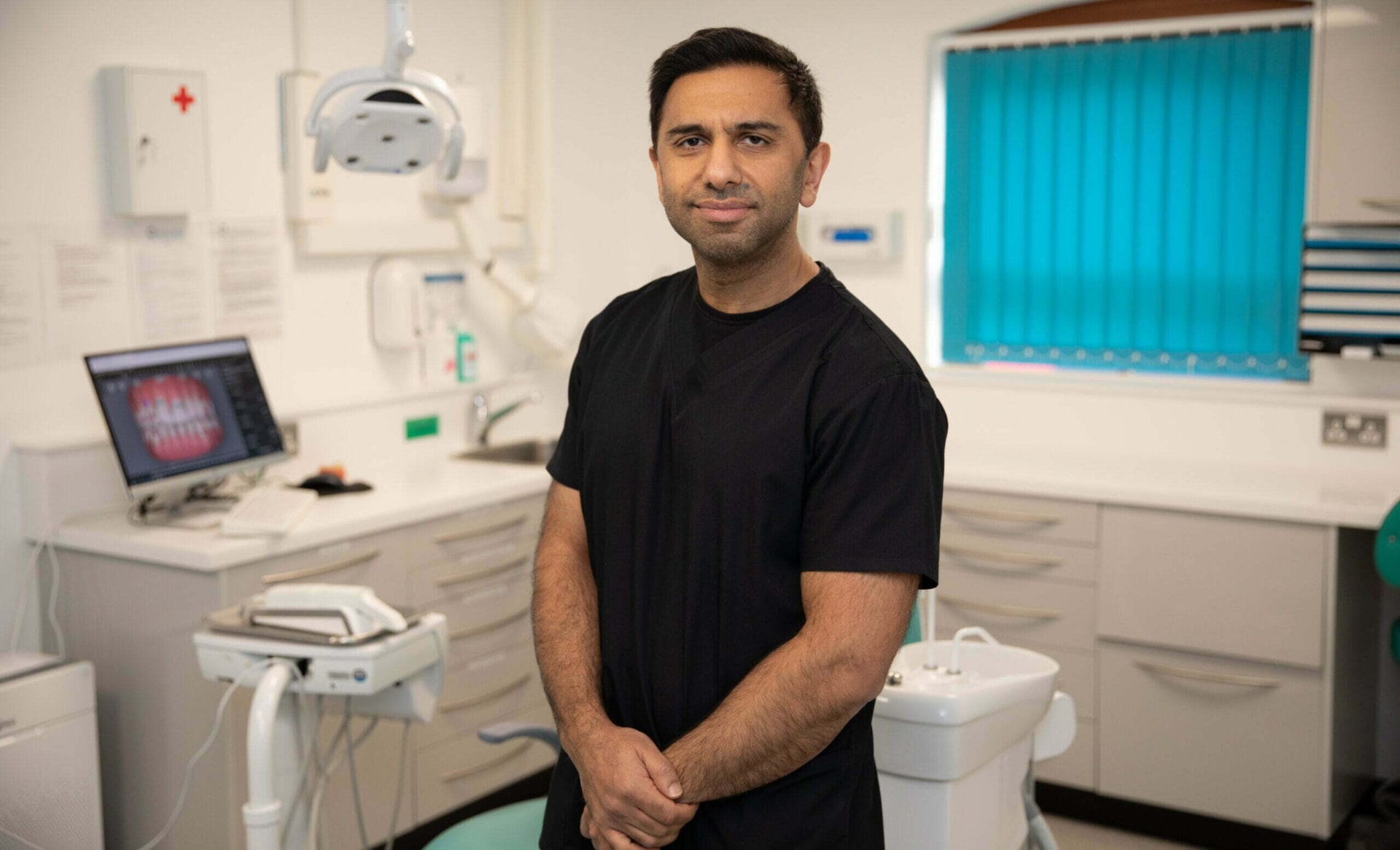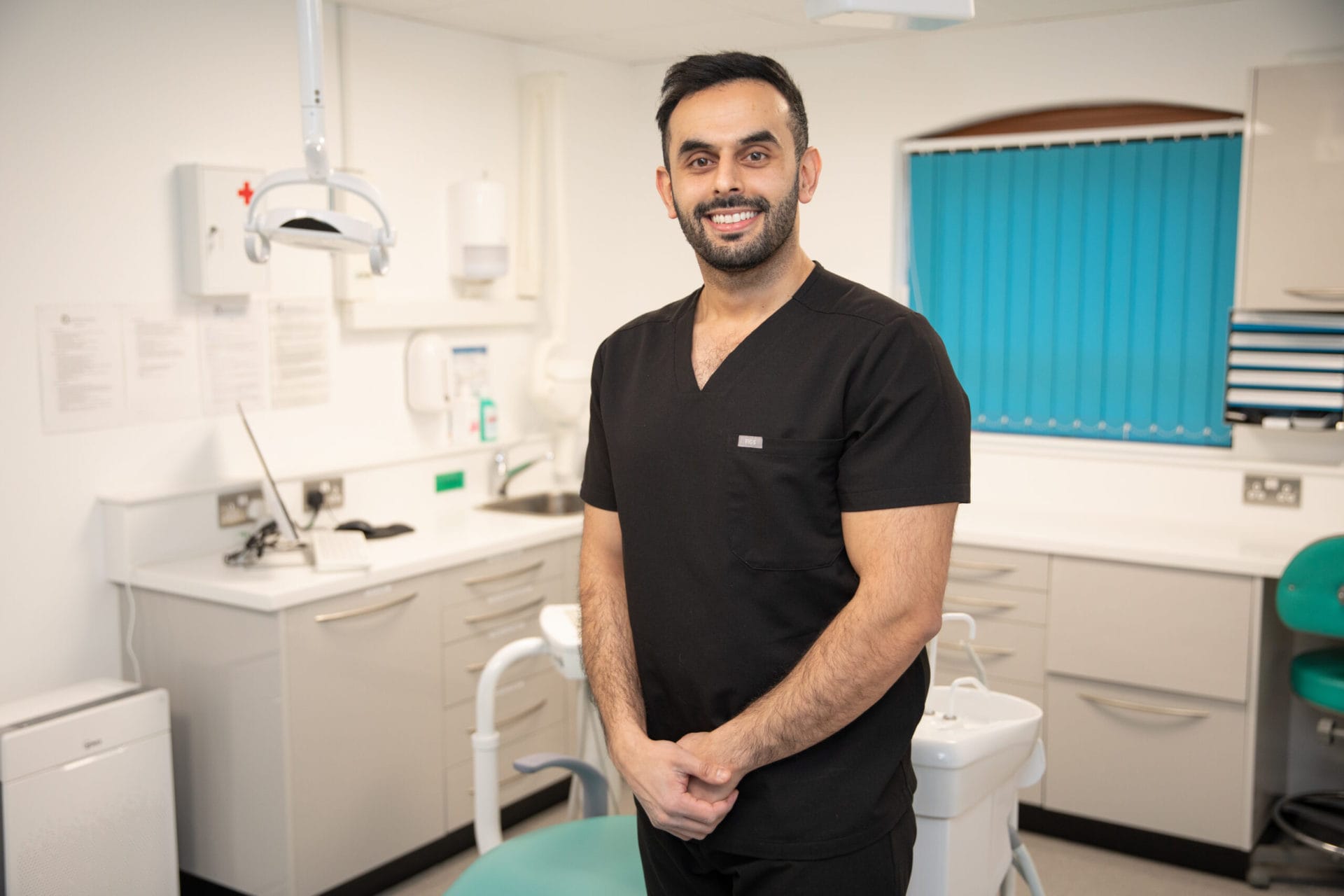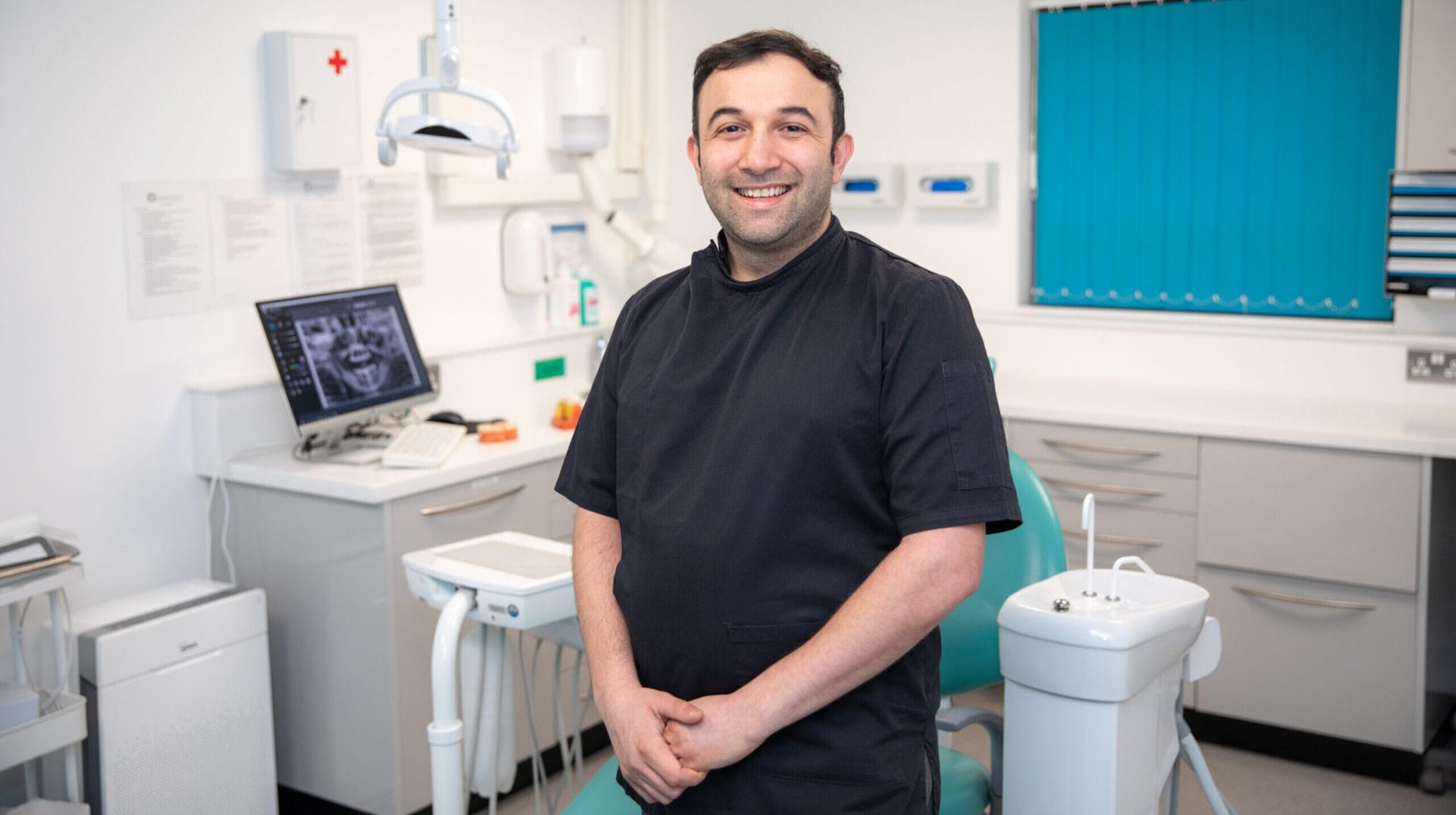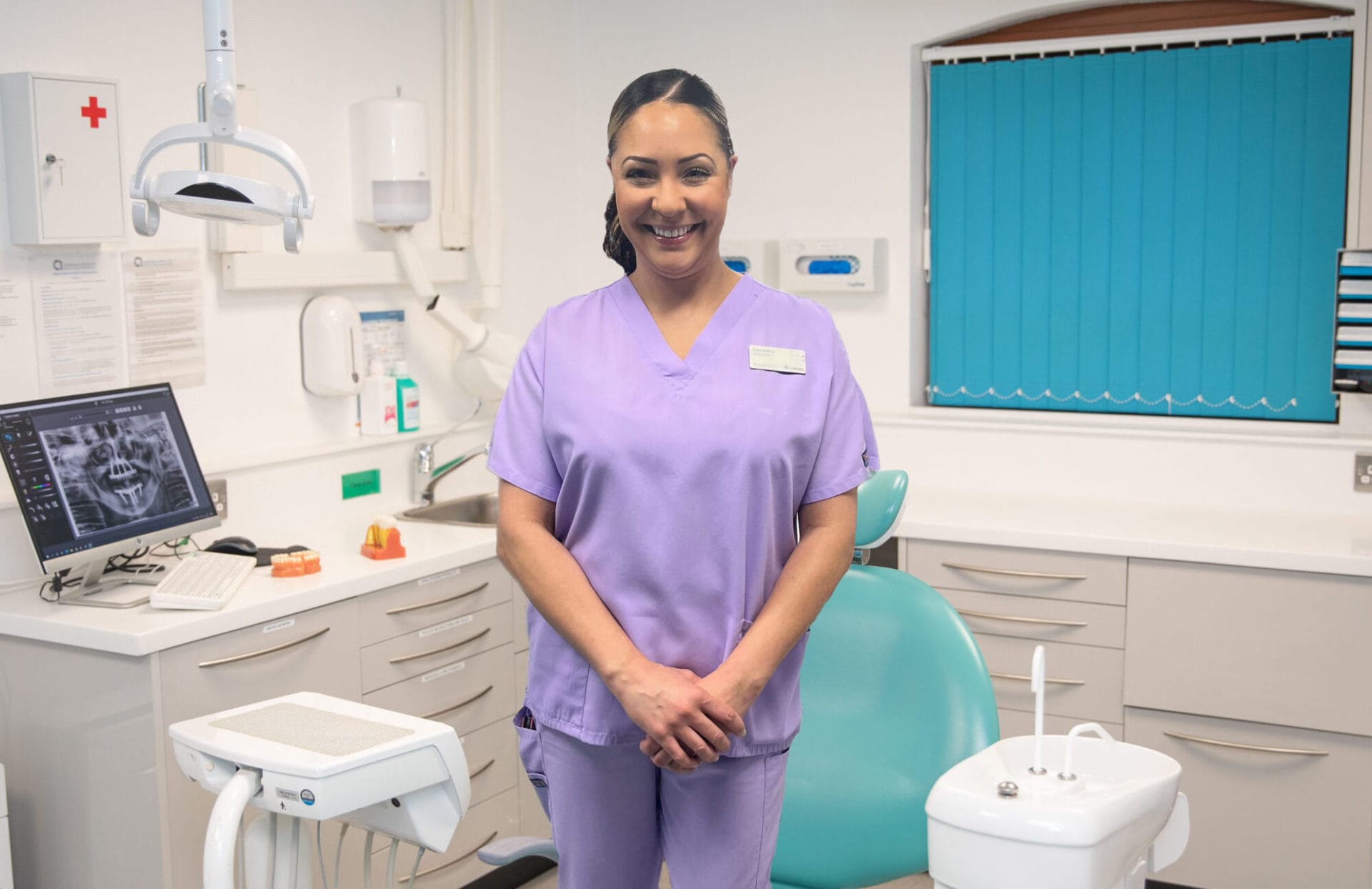Is an Electric Toothbrush Better Than a Manual?
When it comes to keeping your smile radiant and your gums healthy, the right tools make all the difference. Today, we’re diving into a common question we hear: is an electric toothbrush better than a manual? Let’s explore how each type of toothbrush contributes to your oral health. Introduction to Toothbrush Options Benefits of Electric Toothbrushes Advantages of Manual Toothbrushes Electric vs. Manual: Making the Right Choice Consulting a Dental Professional Embrace the Best Dental Care with Aesthetique Introduction to Toothbrush Options From basic toothbrushes to high-tech models, the variety can be overwhelming. Manual toothbrushes have been around for ages, boasting simplicity and ease of use. On the flip side, electric toothbrushes have features designed to enhance your cleaning routine. But which is truly better for your smile? Generally, your dentist will tell you that a manual toothbrush can clean your teeth just as well as an electric. It’s more to do with your brushing technique rather than the type of brush you use. The choice comes down to your personal preference. To help you choose, let’s take a look at what each brush type offers. Benefits of Electric Toothbrushes Electric brush technology has come a long way, offering several features that manual brushing struggles to match: Built-in timers ensure you brush for the recommended two minutes, a simple yet effective way to enhance your oral health. Pressure sensors protect your gums from the harsh effects of over-brushing, potentially preventing gum recession. Electric toothbrush heads often come with soft bristles that are gentle on sensitive teeth, while The brush movements are specifically designed to remove more food debris and combat tooth decay. For those with dexterity issues, such as people with disabilities, electric models offer ease of use that manual brushes can’t match. Advantages of Manual Toothbrushes Despite the high-tech allure of powered toothbrushes, don’t underestimate the power of a manual brush: They’re straightforward, effective, and offer full control over the brushing habits that suit you. Soft bristles on manual brushes are kind to your tooth surface and gum health. They’re affordable and accessible, making them a staple in many households. Electric vs. Manual: Making the Right Choice Choosing between an electric and a manual toothbrush depends on your personal needs and preferences. Here are a few considerations: Gum Disease and Gum Health If you’re prone to gum disease, a model with features like sonic toothbrush technology might be more effective at preventing plaque buildup and maintaining gum health. Oral Hygiene Routine For those looking to boost their oral hygiene game, an electric toothbrush with two-minute timers and replacement brush heads can offer a more thorough clean. Ease of Use Electric toothbrush users often find the automatic brush movements easier, especially beneficial for those who need extra assistance. Cost and Maintenance Electric toothbrushes require an initial investment and periodic replacement brush heads, while manual ones are budget-friendly and low-maintenance. Consulting a Dental Professional If you’re still on the fence, a dental professional or dental hygienist can offer personalised advice. Whether you have sensitive teeth, are concerned about gum recession, or just want to maintain excellent oral health, they’ll help you find the type of toothbrush that’s right for you. Embrace the Best Dental Care with Aesthetique Deciding between an electric and a manual toothbrush is just one step towards achieving and maintaining optimal oral health. If you’re ever in doubt about your oral hygiene practices, are facing dental concerns, or just want to ensure you’re doing everything you can for your dental health, we’re here to help. At Aesthetique, your comfort, health, and smile are our top priorities. As your friendly and caring private dentist in Leeds, we offer personalised, modern dental care that’s tailored to fit your needs. Whether you’re deciding on the best toothbrush, seeking advice on oral hygiene, or need comprehensive dental care, our team are the experts you need.
